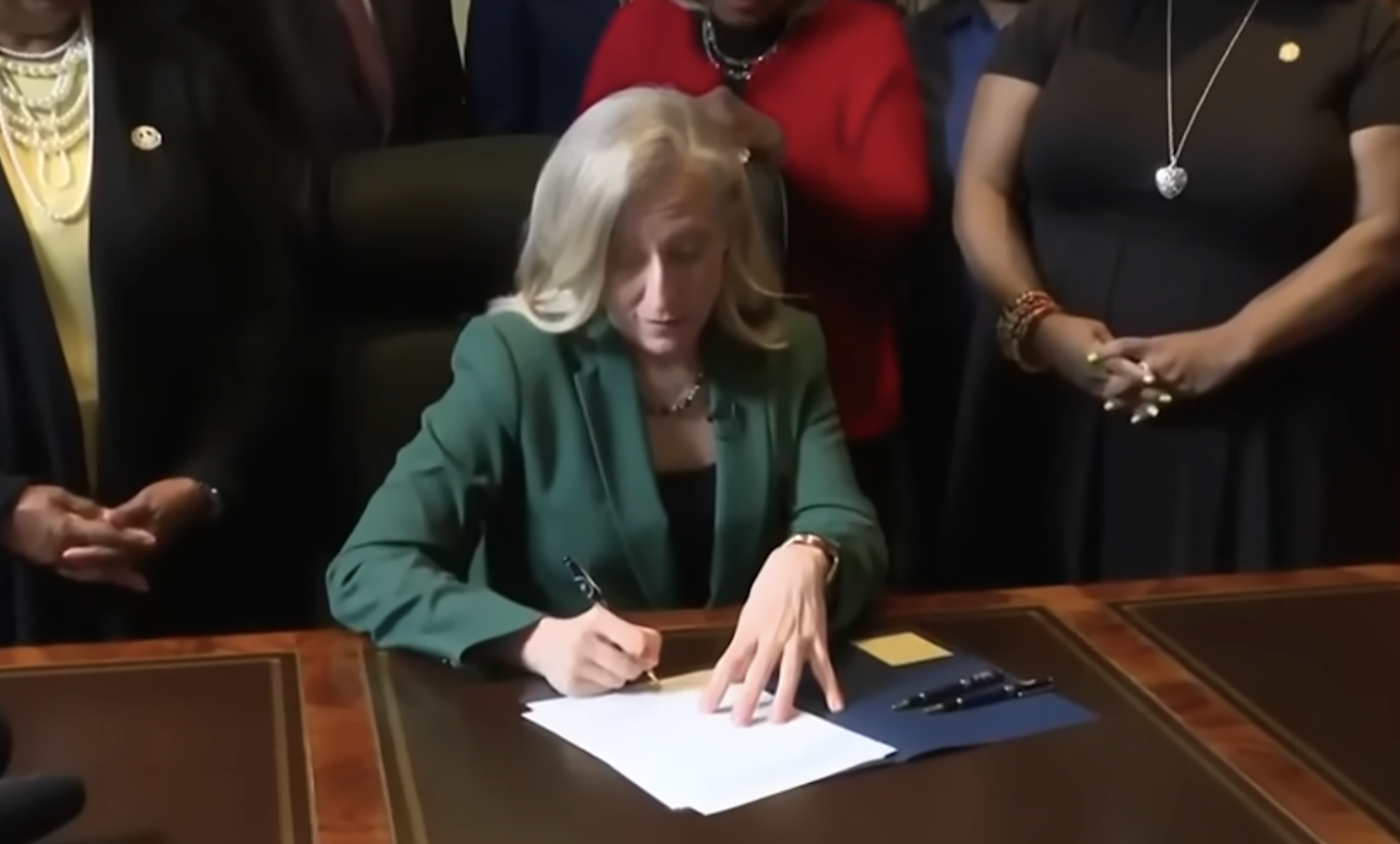Republicans advance crypto legislation after lengthy House rebellion – Washington Examiner
The U.S. House of Representatives advanced three cryptocurrency-related bills after a prolonged standoff centered on banning a central bank digital currency (CBDC). The contentious procedural vote, which lasted over nine hours and resulted in a narrow 217-212 vote, set the terms for debating the crypto legislation alongside an unrelated Defense Department funding bill. A group of conservative Republican holdouts met with President Donald Trump to ensure a CBDC ban and secure a clear legislative path. The compromise reached involves addressing the CBDC ban separately in the upcoming National defense Authorization Act. CBDCs are digital currencies potentially issued by the Federal Reserve, with supporters claiming efficiency benefits and opponents raising concerns over centralization of power and privacy. Among the bills, the CBDC Anti-Surveillance State Act explicitly prohibits CBDCs but may attract less bipartisan support compared to the GENIUS Act on stablecoins. With the procedural hurdle cleared, votes on individual crypto bills will follow, though the schedule remains uncertain.
Republicans advance crypto legislation after lengthy House rebellion
The House has advanced three crypto bills after an hours-long impasse over language barring the creation of a central bank digital currency.
After more than nine hours, the House voted 217-212 Wednesday night in favor of a procedural vote that sets the terms of debate on the crypto legislation and an unrelated bill funding the Defense Department.
The GOP holdouts, a bloc of conservatives, met at the White House with President Donald Trump on Tuesday about the legislation. The lawmakers specifically wanted assurances that central bank digital currencies, or CBDCs, would be banned and that there was a path for the provision to become law.
The gruelling slog, the longest roll call vote in the history of the House, came to an end after Republican leadership agreed to include text barring CBDCs in separate legislation, the National Defense Authorization Act, later this year.
The holdouts had previously tanked the same procedural vote on Tuesday, prompting the White House gathering and subsequent negotiations in Speaker Mike Johnson’s (R-LA) office. Johnson left the House vote open while different factions negotiated a compromise.
A CBDC is a form of digital currency that could, in theory, be issued by the Federal Reserve. If there were a domestic CBDC, consumers could use digital money issued directly by the central bank in addition to physical money like cash.
Supporters of a CBDC argue that a centralized dollar would help prevent bank bailouts and increase efficiency. But opponents say that it would give the Fed too much power or raise Fourth Amendment concerns surrounding access to individual accounts.
While the CBDC Anti-Surveillance State Act, one of the three crypto bills under consideration in the House, would explicitly ban CBDCs, the legislation will likely receive less bipartisan support than the GENIUS Act, a second measure on stablecoins that already passed the Senate.
TRUMP DENIES PLANS TO FIRE FED’S POWELL FOLLOWING REPORTS
House holdouts had been seeking a legislative vehicle that would be all but guaranteed to pass both chambers of Congress.
There will be votes on whether to approve each of the individual crypto bills now that Republicans were able to overcome Wednesday’s procedural hurdle, though the timing of each is still in flux and may be staggered.
" Conservative News Daily does not always share or support the views and opinions expressed here; they are just those of the writer."




